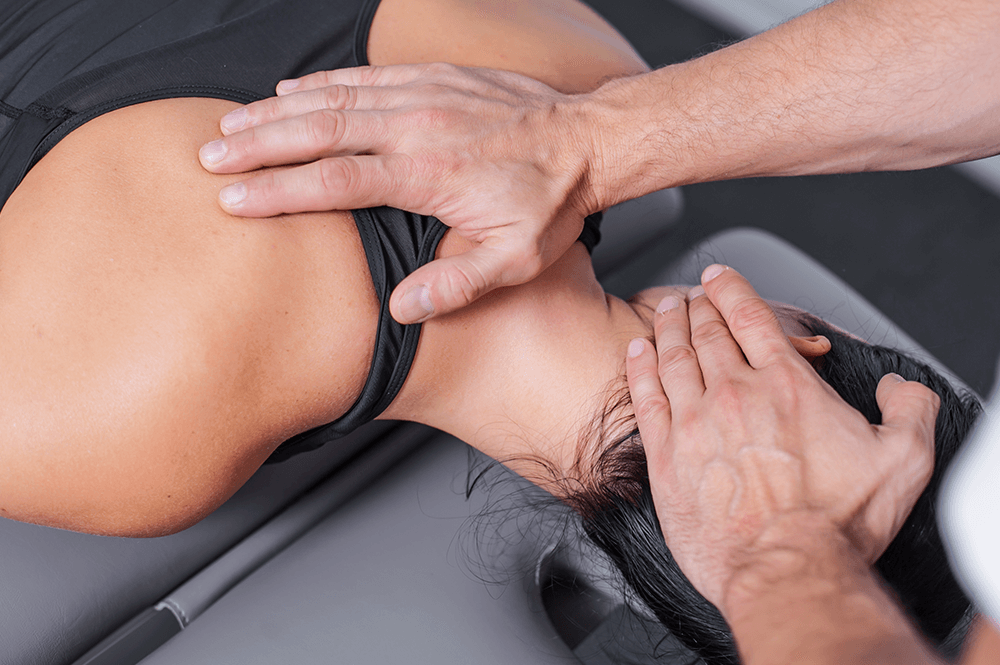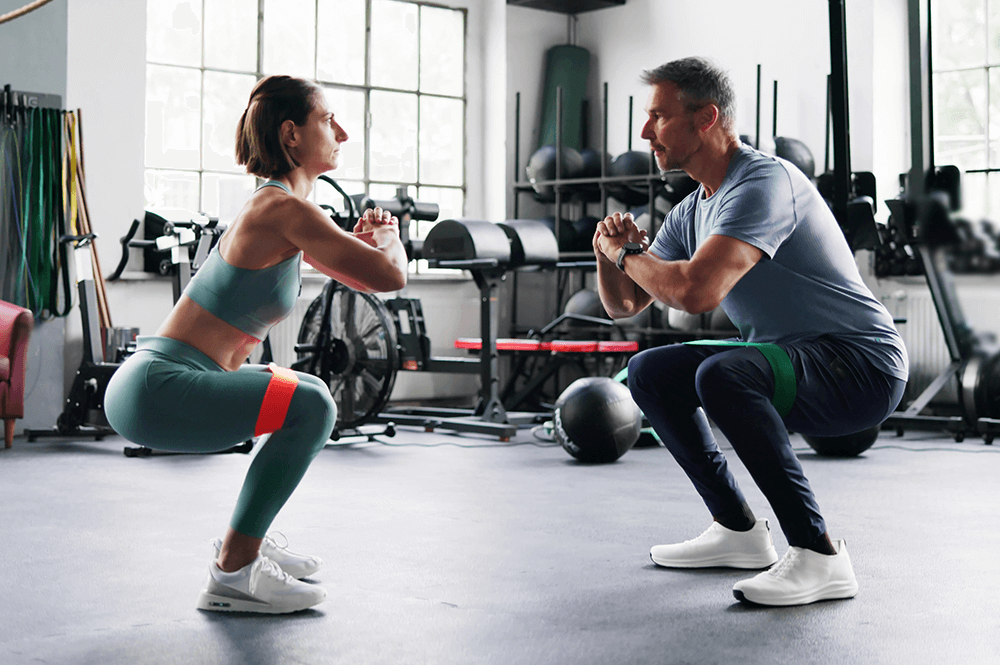Athletic preparation and recovery
Is it better to train in the morning or in the evening?

Physical activity is one of the key pillars of a healthy lifestyle. In addition to choosing the type of exercise best suited to personal goals and needs, there is another crucial question to consider: what is the best time to work out? Is it better to get up early and start the day with an energizing session, or should you take advantage of the evening hours to relieve accumulated stress? The choice between morning or evening workouts can significantly impact your results, energy levels, and even your overall well-being. Each option has specific advantages related to biological rhythms and personal needs. So, what are the benefits of exercising in the morning versus the evening? Here are a few insights to help you understand which time of day best suits your body and lifestyle.
Is it better to exercise in the morning or in the evening?
Each of us has a biological clock that regulates our physical habits throughout the day. This clock is influenced not only by our habits but also by external factors such as the environment and the day-night cycle. Therefore, it’s normal for everyone to have a particular time of day when they feel either more tired or more energetic. However, this is not just a matter of habits: hormones play a crucial role in the body’s psychophysical balance. Throughout the day, there are generally three hormones that influence the body’s activity:- Testosterone peaks twice during the day: once between 6 and 7 a.m. (especially in men) and again in the evening, around 5:30 p.m. This hormone is essential for muscle growth, strength, and recovery; it is a key ally, especially for those who engage in weight training or resistance exercises.
- Cortisol peaks early in the morning, between 7:30 and 8:00 a.m., and decreases throughout the day. Known as the "stress hormone," cortisol is important for metabolism and energy mobilization, particularly in the "wake-up" phase of activities.
- Melatonin is highest in the evening. It regulates the circadian rhythm, and this hormone could influence performance by bringing the body into a more relaxed phase.
Exercising in the Morning
Exercising in the morning is particularly beneficial for those looking to lose weight. Compared to other times of the day, morning workouts are perfect for those aiming for fat loss. The peak of cortisol makes the body more inclined to use fatty acids as an energy substrate. It’s important to have breakfast at least two hours before a morning workout or, alternatively, avoid breakfast and focus on your evening meal. It’s a good idea to have a fruit snack handy to avoid feeling unwell during the workout and to take vitamin C supplements to stimulate the immune system, which can be weakened after periods of intense physical stress.Benefits of morning exercise
There are many advantages to exercising in the morning:- Improved mood and concentration: Physical activity has a beneficial effect on mood, as the brain produces more endorphins during exercise.
- Better blood sugar and blood pressure control: Morning exercise makes it easier to naturally control hypertension and blood glucose levels.
- Improved sleep quality: Regular morning exercise leads to better sleep at night, especially if the workout is done outdoors.
Tips for morning workouts
If you choose to exercise in the morning, cardio exercises at a low intensity and metabolic training are recommended to accelerate metabolism for the rest of the day. However, it’s important to pay attention to warming up: the body is stiffer in the morning after resting, so it’s important to do targeted warm-up exercises and not overdo the intensity.Training in the afternoon or evening
Many athletes prefer to train directly after work in the late afternoon. According to some studies, late afternoon and evening are the ideal times for those who want to improve their physical performance and build muscle mass; in this case, afternoon workouts should focus on strength and hypertrophy. However, it's important to be cautious: exercise can impact your ability to fall asleep and reduce rest hours, preventing the body from recovering the energy it needs. It is generally advised not to exercise within 4 hours before bedtime, as physical activity has an "exciting" effect, linked to testosterone.The benefits of afternoon or evening workouts
Training in the afternoon or evening is generally more effective for those looking to build muscle mass for various reasons:- Body temperature: It is higher in the evening, improving flexibility, strength, and performance capacity.
- Energy levels: After meals, the body has more resources (muscle glycogen) for intense workouts.
- Post-workout relaxation: The natural decrease in cortisol helps with recovery.









